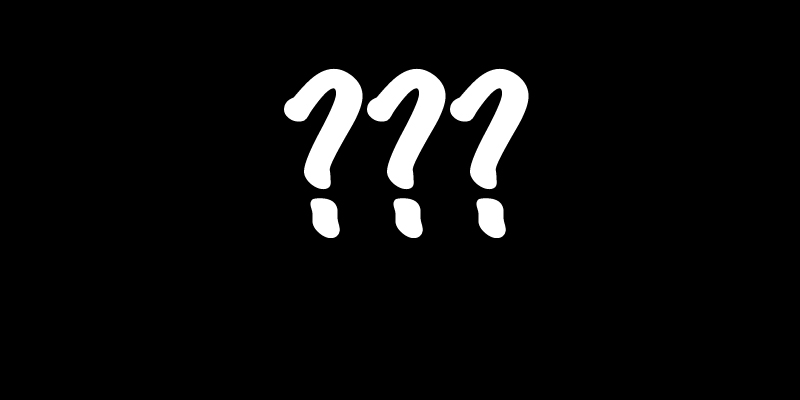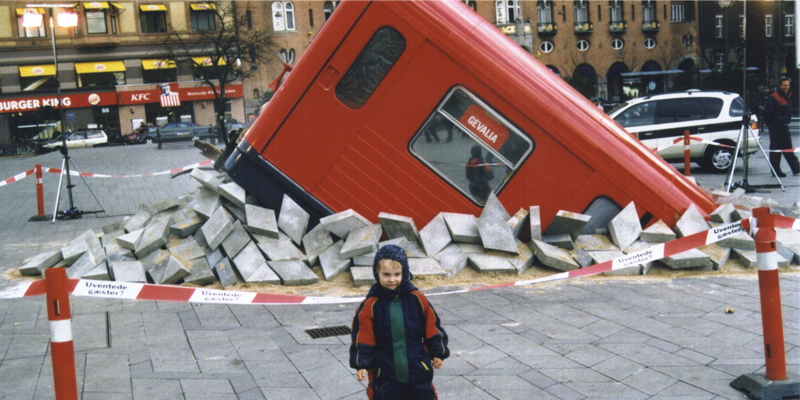The more I write, the more I realize one thing…I am bad with commas.
I never know quite when to use them so I just seem to sprinkle them on to sentences the same my dad sprinkles salt onto every single meal. If I had a dollar for every time I incorrectly used a comma, I’d be making money in a very weird way (thanks to Mitch Hedberg for that line).
In fact, I am bad with all types of punctuation. I never know when a colon should be semi’d or a slash should be forward or back. All I know is that I wish I would have invested in stock in hashtags. Pre-twitter I bet you could get number sign stock for a nickel a share (but that would another odd way to make money).
All this leads me to today’s Wonder Why Wednesday…who came up with all these marks? Where exactly did punctuation come from and who decided what it looked like? Let’s find out…
Who Invented Punctuation?
The oldest known evidence of punctuation is in the Mesha Steele, an inscribed stone created in 840 BCE by King Mesha of Moab (a kingdom located in modern Jordan). The stone features points between the words and horizontal strokes between the sense section as punctuation.
But even though King Mesha was fond of dots and line, early alphabetic writing used very few punctuation marks. In fact, such writing used not capitalization and no spaces.
In around the 5th century BCE, the Greeks began using punctuation marks consisting of vertically arranged dots—usually two (dicolon) or three (tricolon). They used the paragraphos (or gamma) to mark the beginning of sentences, marginal diples to mark quotations, and a koronis to indicate the end of major sections (is it just me, or do those punctuation names kinda sound like Pokemon characters).
Punctuation developed dramatically when large numbers of copies of the Bible began being produced. Bibles were designed to be read aloud, so punctuation was added to aid the reader.
Fast forward to the 14th and 15th centuries and the invention of moveable type meant a need for a standard system of punctuation. The task fell on Venetian printer Aldus Manutius and his grandson. They are credited with the following:
- Popularizing the practice of ending sentences with the colon or full stop
- Inventing the semicolon
- Creating the parentheses
- establishing the comma
Over the next few hundred years, many things changed and punctuation became what it is today. From King Mesha to the two Manutius men to Twitter, punctuation has a long history of evolving with the times.
Source: Wikipedia




